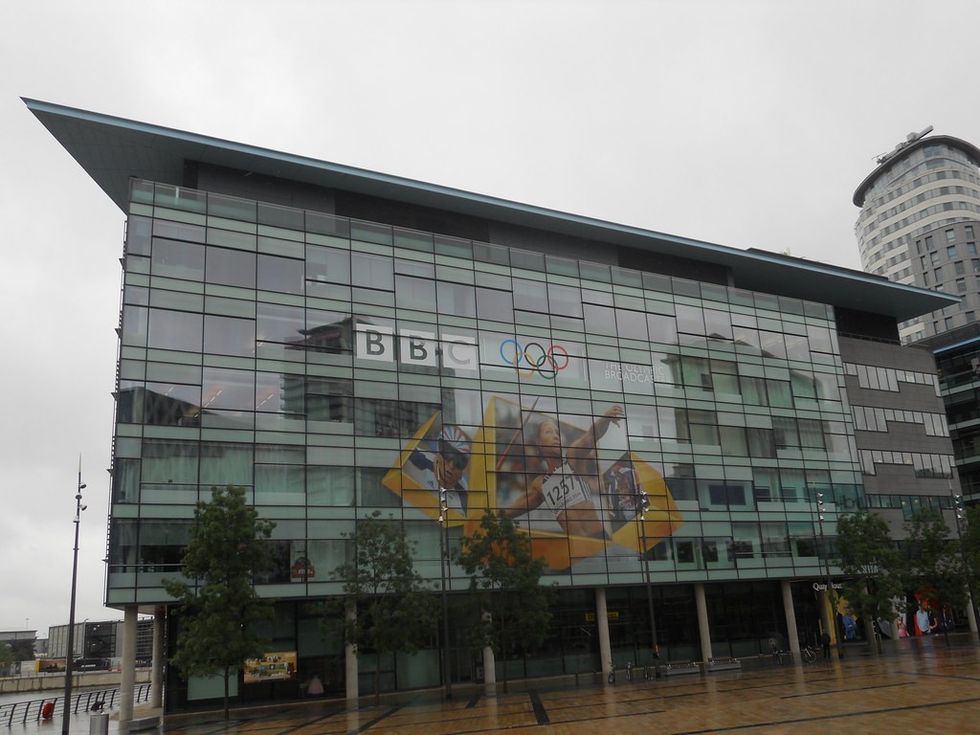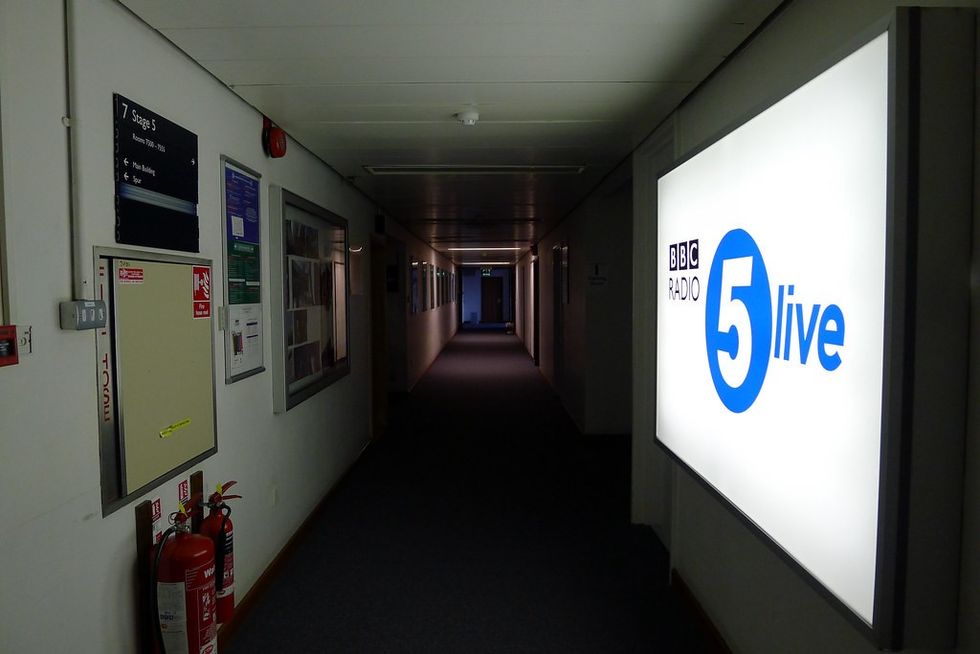BBC radio host claims to struggle with 'too many white colleagues' - 'It's really affecting me'
Pa
Nihal Arthanayake said that no Muslims are involved ‘in the senior editorial processes’ at Radio 5 Live
Don't Miss
Most Read
Trending on GB News
A BBC radio host has claimed to be struggling with his mental health as he works in an overwhelmingly “white” working environment.
Speaking at a journalism diversity conference, BBC Radio 5 Live presenter Nihal Arthanayake said the problem was causing an exodus from the company.
He told the Journalism Diversity Fund (JDF) conference at BBC Media City in Salford that many were leaving the company due to the "culture."
The presenter added that he has noticed a difference since moving to the north after living in London for 20 years.
WATCH NOW: Nana Akua blasts HYPOCRITE BBC presenter
The presenter made the comments in an on-stage interview with editor of The Conversation, Jo Adetunji.
It was at the JDF’s annual equality, diversity and inclusion conference organised by the National Council for the Training of Journalists.
He said: "It’s really affecting me that I walk in and all I see is white people...I’ve seen a lot of people leave this building because they couldn’t deal with the culture.
"If you want journalists to progress, they have to be who they are. I don’t think there’s a single Muslim involved in the senior editorial processes."
LATEST DEVELOPMENTS:

Nihal Arthanayake was speaking at the Journalism Diversity Fund (JDF) conference at BBC Media City in Salford
WikiCommons
The JDF awards bursaries to aspiring journalists from diverse backgrounds who do not have the financial means to support themselves through their training.
Arthanayake added: "The hardest thing is to walk into a room, look around and nobody looks like you.
"Since moving up here, being called the p-word – that didn’t happen in London.
"You’d get a slap for that in London, not even from me."

He said he doesn't think there’s a single Muslim involved in the senior editorial processes
WikiCommons
Following the interview, Cheryl Varley, a BBC Radio 5 Live producer, said the organisation is committed to tackling the lack of diversity in its newsrooms.
After inviting the JDF bursary recipients for a tour of the newsroom at the end of the conference, she told them: "The BBC needs you a lot more than you need them because if we do not represent our audience, the future for the BBC is grim."
A BBC spokesperson said: "Events like this one today are instrumental in bringing new talent in as we work towards making our organisation as inclusive as possible.
"We want everyone who works at the BBC - and those considering a career with us - to know we are focussed on creating an inclusive culture where everyone feels they belong.
"We believe we should be setting the highest standards on diversity and we recognise that there is still more we could do, therefore we have clear plans in place to improve the diversity of our workforce."








